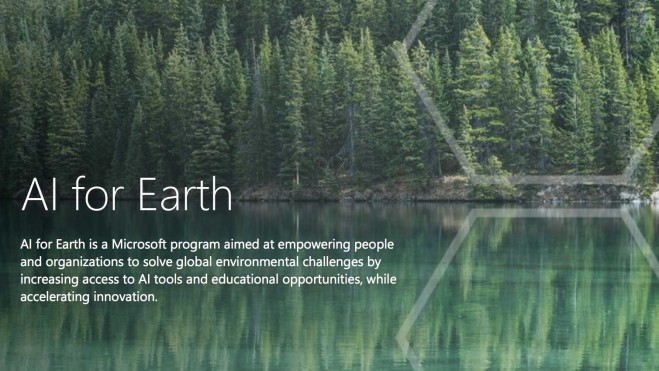
 Land-cover mapping is a critical part of conservation planning, but current methods for collecting detailed geographic data are highly labor-intensive. Advanced technologies such as artificial intelligence (AI) can help, but they’re not yet widely accessible to those on the front lines of conservation and mapping. To improve this situation, Esri is collaborating with Microsoft to provide greater access to these technologies through a newly aligned grant process.
Land-cover mapping is a critical part of conservation planning, but current methods for collecting detailed geographic data are highly labor-intensive. Advanced technologies such as artificial intelligence (AI) can help, but they’re not yet widely accessible to those on the front lines of conservation and mapping. To improve this situation, Esri is collaborating with Microsoft to provide greater access to these technologies through a newly aligned grant process.
“Spatial analytics is a crucial part of conservation, because it is an inherently geographic field,” said Jack Dangermond, Esri founder and president. “Understanding environmental data in the context of location is necessary when making decisions about protecting fragile ecosystems. The ability to analyze the vast quantities of data present in our environment is critical, and this collaboration allows conservationists to do their job more accurately than ever before on a wider scale.”
The aligned grant process will allow eligible organizations and individuals to receive Esri’s GIS software as well as access Microsoft’s cloud and AI tools, including Esri’s ArcGIS and Microsoft’s Data Science Virtual Machine and Cognitive Services offering, in addition to Azure credits.
“We believe that human ingenuity and AI can pair together to tackle some of our biggest societal challenges—including managing climate, water, agriculture and biodiversity resources,” said Lucas Joppa, chief environmental scientist at Microsoft. “We’re excited to work with Esri to deliver AI technology to researchers and organizations that will help them address these challenges.”
Additionally, Microsoft AI will integrate with Esri’s Living Atlas of the World—the largest collection of global geographic information available—and ArcGIS Image Server, a massive collection of imagery, to help users perform high-resolution image classification and generate insight into land-cover changes that go far beyond current capabilities.
There are no upcoming events.
